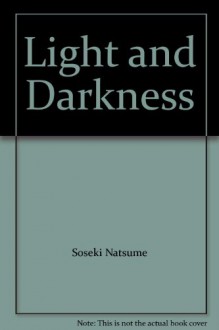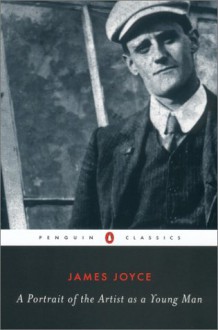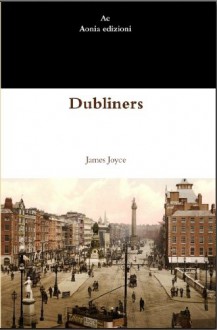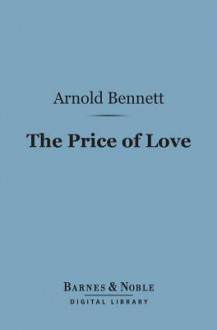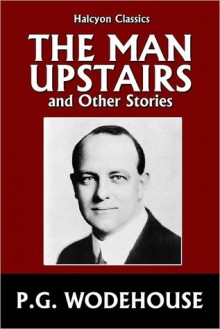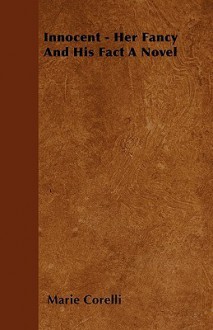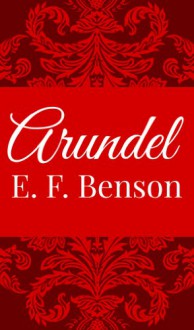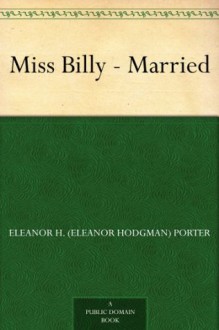It’s 1914! What’s happening? If you are the Sakurajima Volcano in Japan, you erupt. If you are Charlie Chaplin, your screen career begins. If you are in the Bronx, you can enjoy green beer for St. Patrick’s day for the first time. If you are sailing on the Komagata Maru from India to Canada, you are denied entry and sent back because Canada doesn’t want Asian immigrants now. If you’re Shackleton, you set sail for Antarctica. If you’re Babe Ruth, you make it to the Majors. If you’re the last known passenger pigeon, you die in the zoo. If you are 687 coal miners in Japan, you are blown up in a terrible gas explosion. If you are a Jehovah’s Witness, you expect the world to end, but it doesn’t! If you’re the USA, you have some sort of misunderstanding with Mexico and invade it for the second time; sign Mother’s Day into existence; open the Federal Reserve; and open the Cape Cod Canal, turning Cape Cod into an island. If you’re Turkey, you massacre Greeks and undergo an earthquake.
If you’re Archduke Franz Ferdinand, it’s time to get assassinated. As I understand it, this is the outcome: Austria-Hungary declares war on Serbia, Russia supports Serbia, Germany declares war on Russia and its ally France and marches across Belgium, violating its neutrality. The UK declares war on Germany and so does Japan. Turkey declares war on Belgium; Britain and France declare war on Turkey; and the UK annexes Cypress. The House of Commons passes Irish Home Rule, but suspends it for the war, and this specific Act never comes into existence. Britain also declares Egypt its colonial protectorate to keep it on their side in the war. The New York Stock Exchange closes for six months, but the US maintains neutrality for the time being. If you’re at the Battle of Mons or the Battle of the Marne or the Battle of Ypres or a number of other battles, sucks to be you. But the real question is, what are you going to read? Let me tell you, the books of 1914 are not plotted the way the books of 2014 are.
The Laughing Cavalier by Baroness Orczy
The story of one of the ancestors of the Scarlet Pimpernel, set in Holland. I thought it wouldn’t be as good as a regular Scarlet Pimpernel book, but it was top drawer. In this classic adventure tale, the title character, a penniless vagabond with an honorable heart, finds himself in a terrible pickle—he has been hired to kidnap a young woman and at the same time return her to her father. How can he do both and collect both rewards? The twists of the plot were truly delightful. As in Beauty and the Beast, this tale relies on a sexist form of Stockholm Syndrome, where the kidnapped maiden finds herself falling for the man who is keeping her prisoner. Annoyingly, this was very effective, making this book kind of a guilty pleasure. Luckily to reduce my pleasure there was a generous helping of anti-Semitism.
I have taken a sacred vow not to discuss book design, forevermore, but here I have been goaded beyond all possible human endurance. Since all the works of 1914 are in the public domain, they are printed by publishers who realized they can do virtually zero work and reap a tiny reward when fools like me buy the book. So you will find that these books have no front matter, back matter, cover art, writing on the spine, or formatting. They have not been run through spellcheck, and they are in tiny font and have no spaces to separate the chapters (making the book shorter and even cheaper to produce.) I accept all that, but this particular publisher chose to print The Laughing Cavalier in a very unwieldy size of 11 by 8 ½, or letter size. I feel there is no society in our galaxy where these proportions would be considered attractive for a book. And aesthetics aside, it’s very hard to read. It’s like the newspaper that Buster Keaton reads in The High Sign that keeps unfolding bigger and bigger (https://www.youtube.com/watch?v=hyLM-y3O9XY, about 40 seconds in.) So while The Laughing Cavalier was one of the books I enjoyed the most, it was also the hardest to read.

As you can see, the book is roughly the size of a cat.
Maurice by EM Forster
So Forster finished this book in 1914, but it wasn’t published until 1971, after his death, because of its gay content. However I don’t expect to be still reviewing books in 2071 so I thought now would be a good time to say how much I like this book. I read it when I was about 14 (after my mom took me to see the movie) and it made a big impression on me. Now I’m going to spoil the entire plot. Maurice is a middle-class guy who falls in love with an upper-class guy named Clive while he’s in college. But after a few years Clive decides that he’d better marry a woman, and he breaks Maurice’s heart. Maurice tries anti-gay hypnosis therapy but it doesn’t work. Eventually Maurice gets together with a gardener/groundskeeper/something like that named Alec Scudder. It seems at first like they are both too suspicious of the other and have too many class differences to get along, and Alec is going to emigrate to South America. But at the last moment they decide to stay together. I think if you like any of Forster’s other novels, you’d like this one too.

Dubliners by James Joyce
This is one of my all-time favorite short story collections. The stories I like best are “An Encounter,” “Araby,” “Eveline,” “A Little Cloud,” “Clay,” “A Painful Case,” “Ivy Day in the Committee Room,” and “The Dead.” I read it when I was fifteen and my mother had to explain “Clay” and “Ivy Day in the Committee Room” to me. She also asked me not to read “The Dead” because it was her favorite story and she thought I wouldn’t like it because I was too young. But I did read it and I did like it so everything turned out okay. Two years later we were reading “Araby” in English class and the boy who everyone had bullied for years started behaving strangely and saying that the point of “Araby” was that the main character wasn’t going to take it anymore! (Which is not anything that’s happening in that story.) Then this boy never came back to school again, not even for graduation, and somehow everyone knew that he’d had a mental breakdown and been hospitalized. When I called him two weeks after the “Araby” incident to see if he was okay, he said I was the only person who’d called him. Wait, what, you wanted me to tell you what Dubliners is like rather than go down memory lane? Go read someone else’s 1914 round-up then.
The Price of Love by Arnold Bennett
I know the Bloomsbury crowd was down on Arnold Bennett and no one reads him anymore, but he is my favorite writer of this era. Other writers blow hot and cold but all of his books have been good, and this one was exceptional. This novel has all the emotionality and wide view of life of The Old Wives Tale, but also a cracking good plot. I had no idea what the hell was going to happen next in this book. An elderly lady in Bursely has two nephews to whom she is planning to leave her money, and a new young companion. One of the nephews has a fine character but no social skills or sense of humor. The other is charming and handsome but dishonest and unreliable, and he’s in hot water because he’s embezzled all the petty cash at his job and he knows his boss is planning to look at the books. The elderly lady has dropped a big bundle of money in the house and the dishonest nephew finds it. He tells himself he’s going to give it to his aunt later, but at the same time he’s also planning to take it. Then his aunt falls ill—because she’s realized her money is missing and she’s so upset. While the nephew is looking at the money and thinking things over, the companion bursts in asking him to call for the doctor, so he sticks the money in the first place he thinks of—the grate in the fireplace. Anyway, there were a lot of things in this book that reminded me of The Old Wives Tale, aside from being set in Bursely, like the touching relationship between the elderly aunt and the young companion, who admire each other but also look down on each other. In the middle of a crisis in the early morning, one of the characters sees the lamplighter come down the street and light the lamps and she’s struck by the secret nighttime world, just the way Sam Povey is amazed to see the bakery during his early-morning crisis. And the young companion will marry a complete no-goodnik despite everything people do to try and stop her, just like Sophia Baines. Bennett describes everything so well and gets into people’s minds so thoroughly and sympathetically. I’m bummed because there’s no Bennett book for 1915—apparently he was too busy as wartime Director of Propaganda for France.

Tik-Tok of Oz by L. Frank Baum
An American girl who is not Dorothy and her mule end up in the section of Oz that is a land of talking flowers. They meet the Shaggy Man, Polychrome, and Tik-Tok and they go on a journey and encounter the Nome King. All the Oz books are good.

Kokoro by Soseki Natsume
This gentle, atmospheric book is more about an existential feeling than it is about plot. It reminded me of Le Grand Meaulnes, and also the story The Judgment by Kafka. I’m going to go ahead and spoil such plot as there is. A university student makes friends with an older man his father’s age, whom he calls Sensei. Sensei is not very demonstrative and likes to keep his personal business to himself. I saw the character Sensei as a very realistic portrayal of a person who has been depressed for a long time, but the young man just sees Sensei as enigmatic and fascinating. It felt to me like the university student was practicing for being in love or making friends with his peers by trying to get close to Sensei, and also looking for a father figure because it turns out his own father is terminally ill. The young man goes home to be with his family. I thought the description of the father’s illness and the varied ways that everyone involved tried to avoid or deny what’s happening was incredibly realistic and timeless and this alone makes this book a masterpiece. However, during his father’s final hours, the young man receives a by-the-time-you-get-this-I-will-be-dead letter from Sensei. He rushes off the to the train station to go to Sensei. The rest of the book is Sensei’s long suicide letter, explaining what happened to him when he was young and why he’s going to end his life. So, when Sensei was a young man, he fell in love with the daughter of the family he was boarding with, but he was completely stalled and unable to declare his love. Then he asked his friend to live in the house too. This man falls in love with the same woman, although it takes Sensei a while to figure this out because no one ever has a straightforward conversation with anyone in this book. But the friend has deep spiritual/philosophical beliefs that involve asceticism and renouncing love, so he feels like a terrible hypocrite. Sensei basically tells his friend, “Yes, you are a terrible hypocrite,” and then immediately asks the young woman’s mother for her daughter’s hand. After the friend finds out, he stabs himself to death in the nighttime. Sensei feels responsible for his friend’s suicide and is wracked with guilt for decades, but he never explains anything to his wife because he doesn’t want to spoil her flowerlike purity. I don’t know if this was cultural, generational, the author’s own life view, or something else, but no one in this book has any get-up-and-go. It’s very hard for the characters to take any actions whatsoever and so they can never solve their problems; they just sink deeper into despond. The one thing they are able to do with great gusto and resolve is die by suicide. According to the introduction, the title of this book means “the heart of things.” I bought this book online, and it arrived with a yellow post-it note recommending further reading, which I found very touching.

The Man Upstairs by PG Wodehouse
All of Wodehouse’s books are funny and will lift your spirits. Consider this the perfect antidote to Kokoro. This one is a collection of short stories. My favorites were “The Man Upstairs,” “Deep Waters” and “Pots O’ Money.” Most of the Wodehouse I’ve read previously has been about parasitic wealthy people (mostly the Jeeves books) and this was the first time I read some stories about starving artists and ordinary people. I slightly prefer reading about the idle rich or about golfers, because it’s so unreal. Seeing charming twists of fate happen to poor characters is in too stark contrast with real life, where that never happens.
Innocent: Her Fancy, His Fact by Marie Corelli
This was by far the most bizarre book I’ve ever read in my life. I honestly don’t even know if I enjoyed it or not but it was a strange, mindblowing experience that I’m glad I had. Innocent is an eighteen year old girl who lives on a farm in the middle of nowhere. Everyone is trying to get her to marry her handsome, kind, intelligent cousin Robin who is going to inherit the farm, but Innocent doesn’t love him and doesn’t want to marry him. Her head is stuffed with strange fanciful ideas about a family ancestor named Amadis de Jocelyn, and she has grown up reading manuscripts in Old French about him. But on basically his deathbed her father reveals that he is not really her father, that a man on horseback who must have been her biological father gave Innocent to him when she was a baby. The man, Armitage, had sent checks to pay for her keep for many years but then stopped suddenly.
Shortly after Innocent’s father dies, selfish Lady Blythe shows up to tell Innocent that she is her mother who cast her off when she was a baby, but now she wants to adopt Innocent and make her heiress to her money and title, since she never had any other children. But Innocent repudiates her mother, saying if you didn’t want me then, you can’t have me now. 200 pages in, Innocent runs away to London, which has been way overdetermined by this point and I was waiting and waiting for this to happen. On the train she meets a man who happens to have been a friend of her biological father Armitage. Then in the house she takes a room in, by coincidence there’s a big portrait of Armitage on the wall because the lady of the house, Miss Leigh, happens to be his cast-off sweetheart. One year later, Innocent has become the most successful author of her day and is rich. I thought this was just wish fulfilment but when I read about the author I discovered this was stark realism—Innocent’s writing career is just like Marie Corelli’s. Innocent’s publisher tells her this:
“‘You won’t let me call you a brilliant author,’ he said, as he shook hands with her—‘Perhaps it will please you better if I say you are a true woman!’
Her hand flashed up in bright gratitude, —she waved her hand in parting—as the brougham glided off. And never to his dying day did that publisher and man of hard business detail forget the radiance of the face that smiled at him that afternoon, —a face of light and youth and loveliness, as full of hope and faith as the face of a pictured angel kneeling at the feet of the Madonna with heaven’s own glory encircling it in gold.”
Then Innocent meets an unscrupulous painter named Amadis de Jocelyn who is distantly related to the one she is so fevered about, and of course she falls in love with him. But:
“The carnal mind can never comprehend spirituality,—nevertheless Jocelyn was a man cultured and clever enough to feel that though he himself could not enter, and did not even care to enter the uplifted spheres of thought, this strange child with a gift of the gods in her brain, already dwelt in them, serenely unconscious of any lower plane.
“[H]e had not gone to such lengths in his love-affair as could result in what is usually called ‘trouble’ for the girl. He had left her unscathed, save in a moral and spiritual sense.”
Unfortunately Innocent is no match for this debased man. Her dialogue is more like this:
“‘Pleasure for others is the only pleasure possible to me. I assure you I’m quite selfish!—I’m greedy for the happiness of those I love—and if they can’t or won’t be happy I’m perfectly miserable!’”
Meanwhile, Lady Blythe confesses to her husband that before they were married, she had an illegitimate child and it’s very awkward to meet Innocent socially. Lord Blythe is shocked and appalled at the unmotherly conduct of his wife and tells her he must bid her farewell. Lady Blythe goes and accidentally overdoses on Veronal and dies. Lord Blythe doesn’t seem to mind about that, but he feels bad about Innocent, so he goes to her and asks if he can adopt her as his daughter. But she says she wants to be independent and make her own way in the world. Then Lord Blythe discovers that Armitage (Innocent’s biological father) is still alive and living as a hobo painter in Italy, and they make plans for Armitage to return to England and legally acknowledge Innocent as his child.
However, meanwhile Jocelyn the painter has cruelly dumped Innocent. Going out of her mind with heartbreak, she somehow makes her way back to the farm where she was raised, in the midst of a terrible storm. Robin and the faithful servant find her raving and confused and put her to bed. In the middle of the night, Innocent wakes up, her mind clear, and tells Robin that now she wants to marry him. He spends a sleepless night wondering whether that will be good for her or not. But in the morning he finds her stone dead!
The book ends by saying that Lord Blythe, Armitage, and Miss Leigh
“made a trio of friends,—a compact of affection and true devotion such as is seldom known in this work-a-day world. They were nearly always together, —and the memory of Innocent, with her young life’s little struggle against fate ending so soon in disaster, was a link never to be broken save by death, which breaks all.”
As weird as this book was, it was nothing on what I learned about the author in Wikipedia. I was most surprised to learn that Corelli was the inspiration for both EF Benson’s Lucia and Elizabeth Taylor’s Angel.

Arundel by EF Benson
The title makes you think it is set in Norway, but actually the first two chapters take place in India and the rest in England. All the parts of this book that were comic were excellent, but the romantic and tragic elements were strange. I’m going to spoil the whole plot now. The main character, Elizabeth, is a high-spirited Anglo-Indian girl who is sent to spend a season with her aunt in England. Her aunt is a very selfish lady who loves to be comfortable, a very funny character. The town they live in is like Tilling in the Lucia books (and the name of the aunt’s house is Arundel, so that’s why the book is called that.) Gerald, who lives next door, has waited for love his whole life but not encountered it, so he decides to get realistic and propose to the aunt’s daughter Edith, because he likes her and thinks they’ll get along. We get a funny bit where the aunt thinks she’s being incredibly generous but won’t settle any money on her daughter; it’s very Jane Austenish. Unfortunately, immediately after the engagement, Elizabeth shows up and she and Gerald fall violently in love. It’s hard to stay sympathetic to them because they keep saying that all they care about is Edith and doing the right thing by her, but then somehow against their will they end up kissing and sending love letters etc. Edith is no dummy and demands to know what’s going on. Because of their high moral principles, they lie to Edith. Elizabeth has written to her father asking him to send a telegram urging her to come home on some pretext, so that she can get out of the situation. But when the telegram comes, it turns out that her father has died, and that part is genuinely sad. A year or so goes by, and Elizabeth is one of those lucky people who feels that the person who died is still there as much as ever and she can commune with him. Meanwhile, Edith is pregnant but desperately unhappy because she knows her husband doesn’t really love her. When she sees Elizabeth, Edith starts to demand whether Elizabeth loves Gerald, but before Edith can get all the words out of her mouth she falls down ill and subsequently dies, the end. Oh, EF Benson, I can’t wait until you figure out that you need to be writing comedy.
Miss Billy Married by Eleanor H. Porter
The entire first page of this book was the Christian wedding vows I think we are all pretty familiar with. That was a bad sign, and it didn’t get better. This novel was the sequel to a previous book (or books?) where the couple were star-crossed lovers but now they’re married. It was a lot of sentimental hogwash where different kinds of jealousies caused by never talking to each other almost drove the couple apart but they managed to stay together. There were a lot of self-sacrificing people, and a little disabled child who made people cry because he was so full of joy.


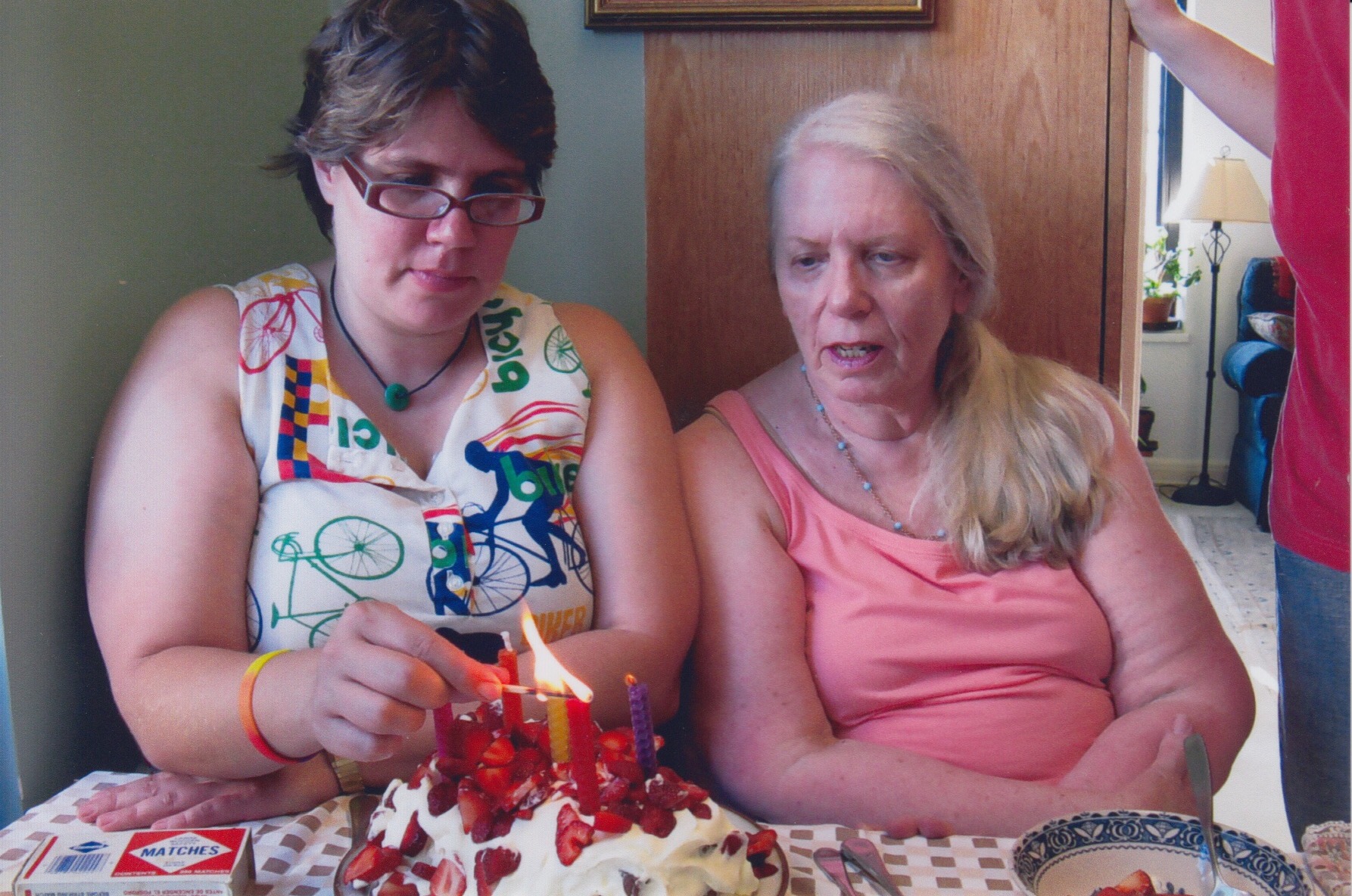

 Log in with Facebook
Log in with Facebook 
